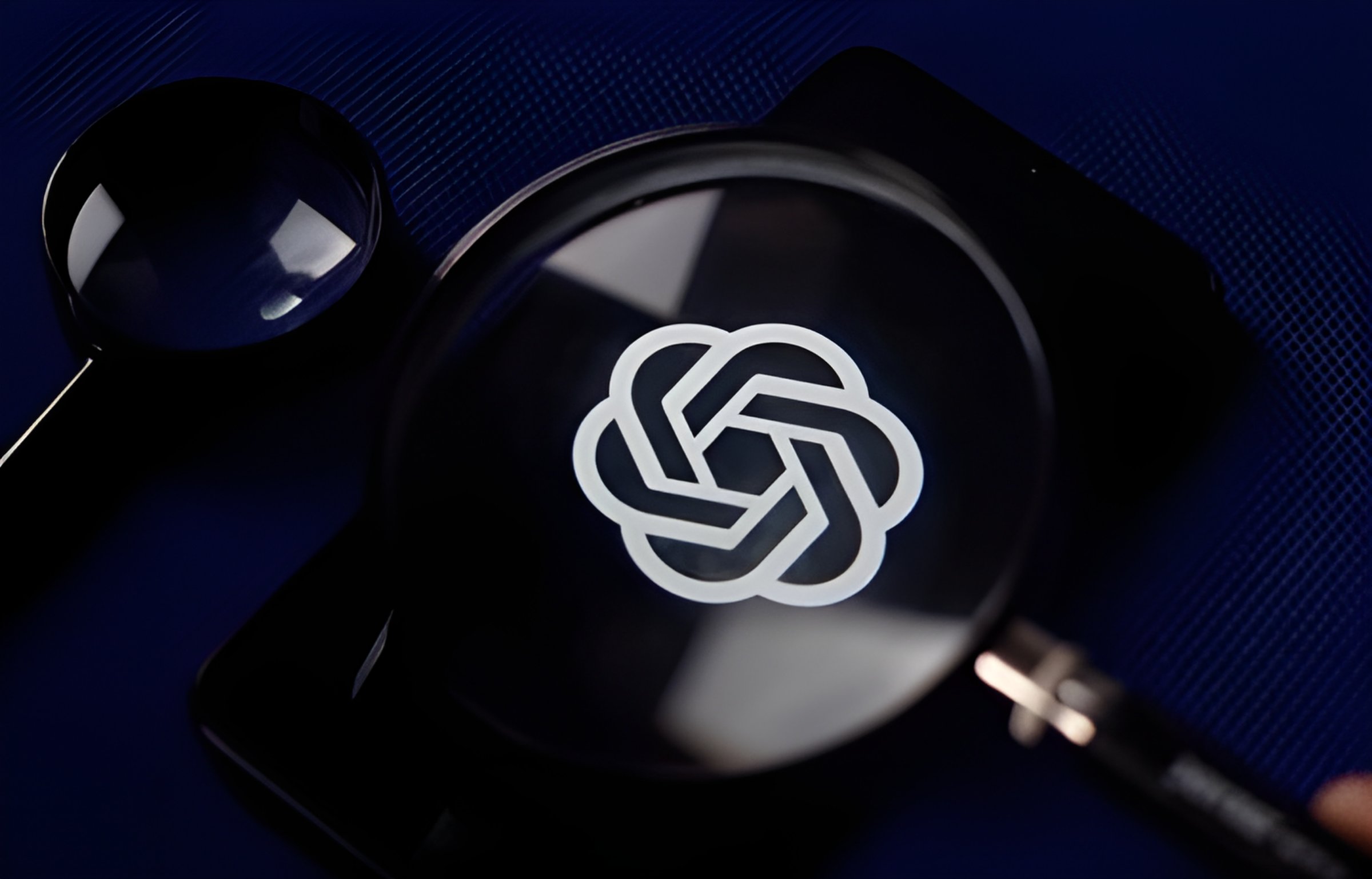How to invest in OpenAI?
Given that OpenAI is currently a private company, many seeking exposure on the web are facing the fact that the only way to do so would be to buy Microsoft stock (MSFT), as Microsoft owns a significant stake in the company. The second most popular option is a similar indirect investment via Nvidia stock (NVDA).
That said, however, considering the significant fall of tech stocks in 2022, which was responsible for most of the S&P 500’s 2022 decline than all the other components combined, is investing in Microsoft or Nvidia really the best option? Is there an alternative worth exploring?
Previously, those who wished to invest in a private company like OpenAI typically required a substantial amount of capital, like the ones Microsoft or big VCs have. Fortunately, in recent years, the situation has changed with access to private companies being democratized through the appearance of companies that help enter this sphere.
Moonshot is a Swiss company that enables access to private markets and offers an exclusive opportunity for you to invest in OpenAI, unlike putting your money in stocks that are only partially connected with AI. By leveraging a modern investment structure, we offer a modest minimum investment of USD 25’000, which allows the mass affluent to benefit from the enormous potential of generative AI and the company itself.
Our investors, who seized the opportunity in February 2023 have already gained a substantial 178% return. Yet, this appears to be just the beginning.
If you’re intrigued by the idea of capitalizing on the dominant force in the generative AI market, please visit moonshot.ch/investment/openai-chatgpt/ for more details.
Please note that due to the exceptionally high demand, you may be added to a waiting list and informed if a slot becomes available, typically within 2–4 weeks. While there may be a potential wait time, keep in mind that exercising patience can lead to significant rewards. Those who overlook OpenAI may regret their decision soon.



